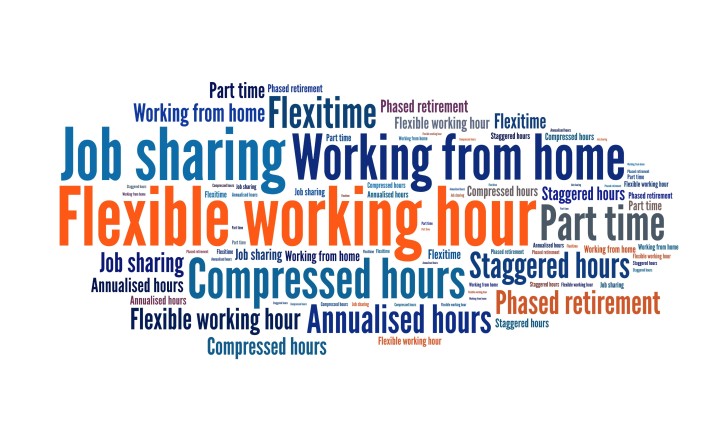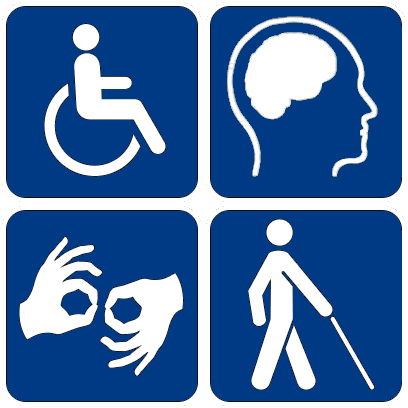Returning to work after an illness or injury is especially difficult for a dentist. We depend on our staff and a continued flow of patients into our office. Any break in that cycle can lead to catastrophic financial consequences to an active dental practice. Your practice continuity plan will help along with your mutual aid agreements. They have a limit, and if you have to sell your practice to retain its value or if you are out of work for months; a new set of problems arise.
You may be required to start over. Don’t panic, you did it before and you can do it again. The time has come to be HUNGRY AGAIN. When you are employed its easy to be complacent. Dentistry is a business and businesses come and go all the time. Be practical and sit down and look at your options. You can either do nothing or go back to work. If you are disabled, check out how bad. If you can return to work, GREAT! Be prepared for some challenges if you can’t start immediately. We can give you some ideas to think about. This list will get you started.
Step One: Determine what you what to do. If you want to continue your practice of dentistry that is wonderful, but have some alternative ideas if that doesn’t work out. Whether you decide to teach, move into consulting, or pursue a research career; you need to make a short list. Started on checking employment opportunities and locations to live. You are going to have to adapt to your disabled status, and the professional opinions of your healthcare providers should be considered in researching your job options.
Step Two: Start getting your resume ready. You may have not done one in years, but you will need it. Your past experience is valuable and using a well prepared clean document will get you off to a good start. Don’t settle for your first effort. Seek out assistance and using a professional service is an idea. Social media has changed the job market in dentistry, and you may need to look for real help in preparing to return to work.
Step Three: Check out your presentation. Go to the gym. Buy a new suit. Get your hair cut. After a hospitalization and months of rehabilitation, look in the mirror. You need a make-over. Appearances count and you need to get ready for interviews. Practice-practice-practice. Be prepared for competition and you will need to really stand out. Your enthusiasm and interest may be the key to success. It will not be easy, but your determination to succeed will shine through.
Step Four: The time has come to use your ACE in the hole. You have made hundreds of contacts during your career. NETWORKING IS YOUR ADVANTAGE OVER THE COMPETITION. By broadening your horizons and looking for ALL your options, you have a much better chance to get your foot in the door. Whether its dentistry or academics, your contacts/friends have the ability to get you where you belong. Don’t avoid your peers. Pick up the phone and call your dental school classmates and fellow local dental practitioners. Call your former dental instructors or college professors. Someone will give you an opportunity you never knew was there. Don’t totally ignore the professional job firms out there. They may still have a place in your plan and may be able to help you.
Step Five: Pick you own path and be happy. Keep a good balance between your career and family. Your illness or injury has certainly made you aware of your mortality, and you must be willing to make some compromises. Be prepared for rejection and you will need to be persistent. Consider taking part-time positions. You may not be able to return to work at the same efficiency due to your disability and being honest with yourself on your capabilities is absolutely required. Remember this is a transition, and the first career position you choose may not be where you ultimately end up.
Check out this TED talk on returning to work. The references to internships are a valuable analogy to disabled dentist. By being flexible you give potential employers the freedom to look at you seriously.
We hope that your efforts to return to work are successful. Remember that you still have value, and can use the skills and abilities that took you years to acquire to help others. The time has come to start your transition to the next phase of your life. Your efforts will be greatly appreciated by your spouse and family. ADAPT AND SURVIVE


[…] Waiting too long to start serious consideration of transition. When you are really sick, time can seem to move quickly or slowly depending on the circumstances. You do not need to shout the dreaded word “retirement” too soon. It should be on your list, but should be under the topic of transition. Failure to take smart, sound personal and legal decisions regarding your practice may have tragic financial consequences. By transition, we mean moving on with your life in a timely fashion. It may take months or even years, no two people are the same. Only you will be able to establish a timeline that works for you. Transition to a new career, or reduce you hours, or reduce your scope of practice, move to a new city, volunteer, teach or research consulting. YOUR ALTERNATIVES ARE limitless. Look at our five steps to get back to work.FIVE STEPS TO GET BACK TO WORK. […]
LikeLike
[…] is a plan to successfully return to work.FIVE STEPS TO GET BACK TO WORK We hope this gets you on the road to […]
LikeLike
[…] The only difference is the significantly increased sense of urgency to move on with your career. You are young and just starting your career. Having that dream ripped away, can be devastating. Don’t dwell on what happened to you. Concentrate on what it can do for you. Yes, take advantage of your misfortune and look for opportunity in disaster. The emotions and anxiety that all dentists face is the same regardless of age. See our posting on the 5 steps to get back to work.FIVE STEPS TO GET BACK TO WORK […]
LikeLike
[…] alternatives. See our other posts on career options and make a good decision on your future. FIVE STEPS TO GET BACK TO WORK You can always change your mind and this is one field you can exit or enter quickly with minimal […]
LikeLike
[…] Well, now we have to tackle this dilemma with the same intensity as before. Look to the advice we gave just in the past years FIVE STEPS TO GET BACK TO WORK […]
LikeLike